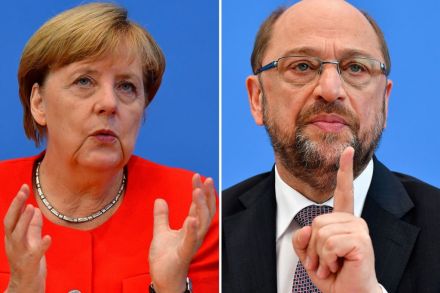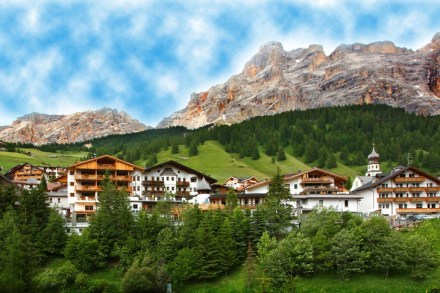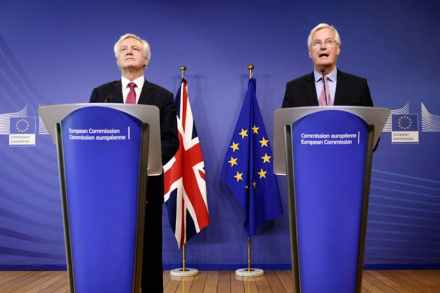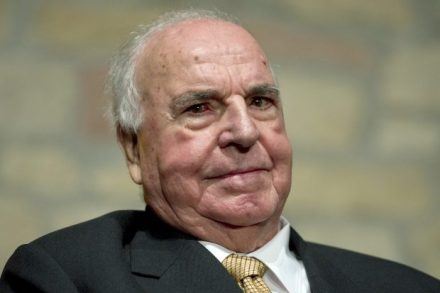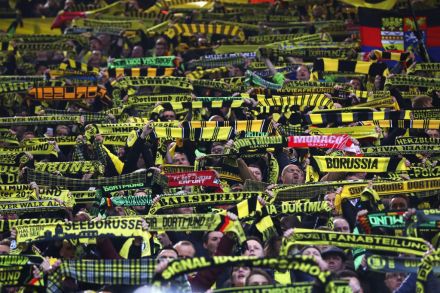A beginner’s guide to the AfD
The German public have, as predicted, kept ahold of nurse. But it is the breakthrough of the AfD into the German Parliament that is causing headlines around the world. Of course the four-year old party’s electoral success is also unsurprising. In elections last September the AfD were elected to representative roles in most of the country’s regional assemblies and beat Merkel’s party into third place in her own constituency. Nevertheless, yesterday’s electoral breakthrough is stunning and the success of this four-year-old party is among other things now causing a predictable rash of 1930s analogies. In a media landscape where very few papers can afford any foreign coverage at all, and






